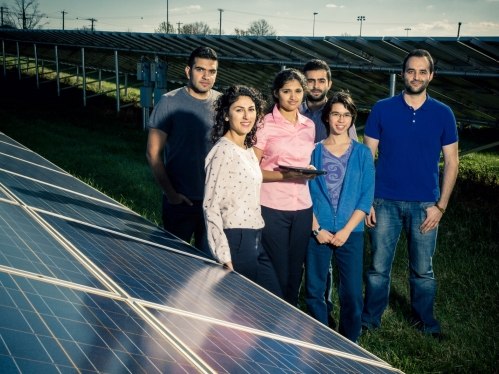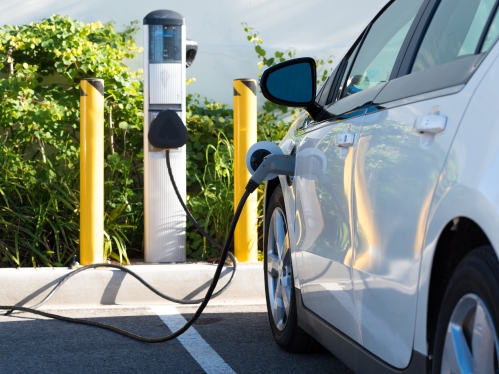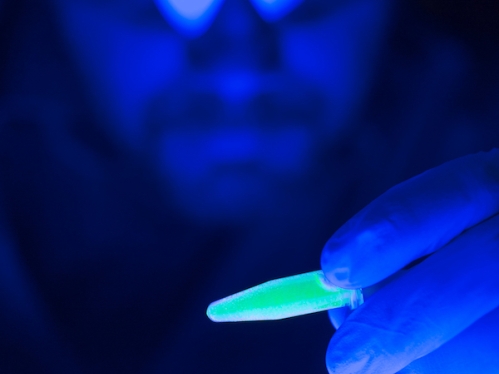
Energy Systems
The program promotes interdisciplinary collaboration by integrating technology and science with business, IT, public policy, and regulatory study to provide students with the building blocks needed to succeed in the energy field. By incorporating theory and applied engineering training this collaborative program is resourced through six School of Engineering departments and the Graduate School-New Brunswick, along with the Edward J. Bloustein School of Planning and Public Policy and the Rutgers Business School.

Core Courses
The core engineering courses cover a wide spectrum of energy-related subjects including:
- Power grid
- Smart grid
- Energy forms and value chain
- Natural gas and shale gas production and transport
- Smart cities and communities
- Green transportation
- Asset management
- Distributed energy resources energy storage
- Energy market analysis
- Energy network hubs and integration of natural gas and power grid
- Energy planning for large commercial and industrial complexes
- Internet of Things (IoT) and Big Data
- Smart metering

Degree Requirements
30 credits:
- 9 credit hours in core engineering areas of energy technology and analytics
- 18 credit hours on elective topics
- 3 credit hours in industry internship or a hands-on project, including written report and oral presentation
Core engineering courses include the following:
- Sustainable, Renewable and Clean Energy Science and Engineering - Department of Chemical and Biochemical Engineering (CBE)
- Planning and Operations Engineering - Department of Industrial & Systems Engineering (ISE)
- Renewable Energy, Solar, Wind, Fuel Cell, Gas-fired Systems - Department of Mechanical and Aerospace Engineering (MAE)

Applied Learning
Research Opportunities are many in R&D settings like the Energy Lab, a state-of-the-art energy simulation lab that includes a mini smart grid where students can monitor live energy consumption in the more than 1000 buildings on Rutgers campuses. The Center for Energy, Economic and Environmental Policy (CEEEP), the Rutgers Energy Institute, the Rutgers EcoComplex, a clean energy and environmental research and business incubation center, and The Laboratory for Energy Smart Systems (LESS), a multidisciplinary research center that brings together public agencies, private industry, and communities to build sustainable and resilient energy solutions, are among the centers where students conduct research.

Career Paths
As the energy industry undergoes transformative changes, a highly trained, diverse workforce is needed to innovate and drive the world’s clean energy future. Studies show that energy companies expect to hire energy professionals in the next 12 months and also that they expect a shortage of qualified candidates. We encourage you to take advantage of this unique training opportunity and become part of the team that powers the world forward toward clean, efficient energy independence.

Contact Us
Mohsen A. Jafari, Ph.D.
Chair
Industrial and Systems Engineering
jafari@soe.rutgers.edu
848-445-3627
Laura Kasica
Administrative Assistant
Industrial and Systems Engineering
lk405@soe.rutgers.edu
848-445-8506 or 3654